Clash over church parking lot in Chicago
Despite quoting scripture, attendees at an informal community meeting in Arlington Heights, a suburb of Chicago, Illinois, were anything but peaceable. The crowd of nearly 100-strong gathered early this month to voice opposition to a proposal from the Orchard Evangelical Free Church, which plans to clear nine of its properties for a $1 million surface parking lot.
Members of the Arlington Heights village board listened to both neighborhood residents and church leaders during the two-hour meeting, which was held in fulfillment of land-use regulations.
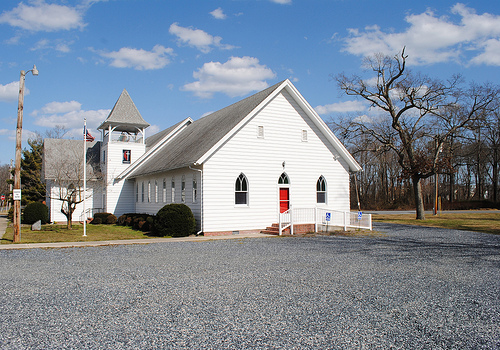
What are churches’ duties to their surrounding communities? Are they obligated to treat their property differently somehow from other entities? These questions are at the center of a controversy in Chicago. From Lee Cannon.
The church explained that it has been steadily expanding since opening its doors in 1952. Three years ago it opened satellite campuses in nearby Itasca and Barrington, but the number of parishioners who attended services at the Arlington Heights location continued to climb. Today it expects almost 1,400 churchgoers on Sundays but church parking consists of just around 300 spots to accommodate them.
The church had previously attempted to address its parking issues by offering an off-site shuttle, but the service was not popular. The congregation began buying properties in 1999 with the idea of eventually expanding the church and perhaps building a parking garage, but the idea was shelved in 2005, when the financial burdens of such costs proved too heavy.
The congregation instead began working on a proposal for a surface parking lot, which is cheaper to build. The lot would add 223 spots, bringing total church parkings up to 522. The project would require the demolition of eight houses and a playground.
Residents of the Hickory Meadows neighborhood, where the church is located, expressed anger at not receiving earlier notice of the congregation’s plans. Some said that they first became aware of the project when tenants of the church’s properties were told that they would need to leave their rental homes in order to make way for the parking lot. Others accused church leadership of “selfish” and “un-Christian” behavior.
“The bottom line is: they didn’t consult us and nobody is happy about it,” resident Judy Standefer told the local press.
The church’s growth defies trends among religious organizations, which have seen member rolls shrink over the years. Whether the Orchard Evangelical Free Church will remain popular is unknown, but what’s certain are neighbors who are nervous about the idea of a large empty parking lot replacing housing and a recreational area.
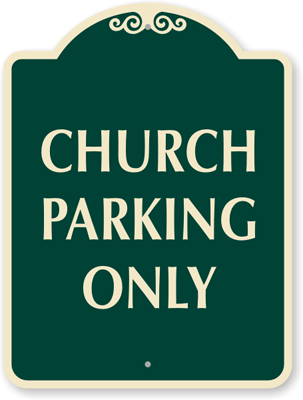
Church parking sits empty most of the time, so churches sometimes risk alienating possible parishioners by enforcing their own rules. From myparkingpermit.com.
Indeed, some churches have filled their coffers by renting their parking spaces. All Saints Church in Islington, London, for example, raised more than £140,000 for community projects in just four years by offering spaces through ParkatmyHouse.com, a site and mobile app that connects drivers with non-standard parking spaces—call it a kind of Airbnb for motorists.
Whether the church would pursue anything similar remains to be seen, but it could prove to be a viable option, especially during economic downturns, when charitable giving decreases.
Related Posts
Category: Parking, Parking management

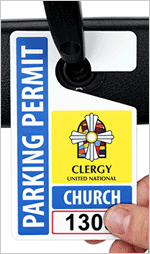


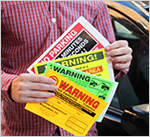

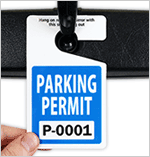

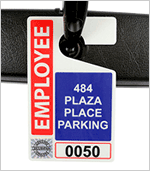
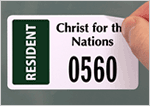




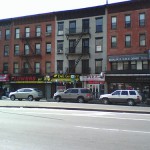

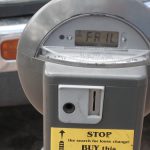






Comments (1)
Comments RSS Feed
Sites That Link to this Post